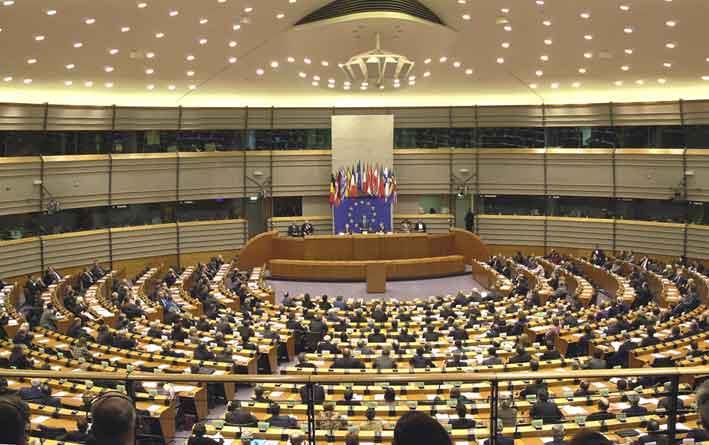Peter Agius, head of the European Parliament Office in Malta, feels that Malta’s lack of vested interests compared to larger countries will see it play an important role as a trusted broker when it takes over the Presidency of the EU Council.
“A small country like Malta can do well at the helm of the Council, given that in many areas Malta can be a trusted broker as it does not necessarily have the vested interests of larger and more diverse economies.
“Moreover, the perceived limitations of resources can have a minimal impact if a Presidency learns how to make the best use of all the other actors around the table, including the well-equipped European Commission, the political drive of the European Parliament and the delegations of the other member states.
“Very little can be done in six months unless one builds on the work of the previous presidencies or leaves a legacy for the next one. This is indeed the natural rhythm of the rotating Presidency of the Council, whereby a presidency can be said to have achieved a lot if it handles negotiations with impartiality and tireless energy while trying to infuse debate with a creative drive for compromise.

“Finally, the attitude will count as much as the deliverables as Malta will change its seat and become another delegation once again in July 2017. The commitment Malta puts into this Presidency will translate into goodwill around the negotiating table in the years thereafter,” Dr Agius said.
The European Parliament plays a role in scrutinising the EU Council Presidency. “The European Parliament scrutinises the Presidency priorities on three levels. First, the government of the Presidency appears at the Plenary session in Strasbourg (normally in January for first semester Presidencies) to relate the overall ambitions of the Presidency and exchange views with MEPs on the political direction with regard to the Presidency priorities and any other pending political issues.
“Secondly, the Ministers in charge of presiding over the nine Council configurations will appear in front of the sectorial committees of the European Parliament at the beginning of the Presidency to give an account of the ambitions and plans of the Presidency per sector.
“Thirdly, the European Parliament will be a main partner of the Presidency in the negotiations on specific legislative dossiers where the parliament is a co-legislator with the Council of Ministers, which is now virtually in all areas of EU competence.”
He describes MEPs as “holding the pen of the legislator” and hence the main partners of the Presidency in striking the deals on specific legislative dossiers which the Presidency is expected to advance and/or conclude during its term.

“MEPs are hence a main negotiating partner of the Presidency in a process whereby they need to understand the technical and political conditioning on the territory of the 28 member states represented by the Presidency, whereas the Presidency needs to sensitise itself to the needs of the Members of the European Parliament to represent the ambitions and expectations of their electorate without being constantly fettered and re-dimensioned to the real politik of the national interests.
“The Presidency and the MEPs hence take part in a mutual cross-fertilisation exercise that finally gives birth to European legislation which is meant to lead to the prosperity of Union citizens across its 28 members.”
Dr Agius say that the trio programme lists five priority areas with a focus on further unblocking the potential of the internal market, including the online single market, citizens’ rights and equality and justice and immigration.
“The specific programme for Malta’s term is yet to be published, and is expected later on in the year. However, the trio programme already pinpoints the most relevant areas of operation in which Malta can bring additional character and momentum to the negotiating table.”
The European Parliament Office in Malta will also be busy during the country’s EU Presidency. “The EP office is normally expected to liaise visits of the political bodies of the European Parliament including the leaders of the political groups to Malta prior to the Presidency.
“As an information office it is also required to actively inform the public and specific sectors of interest on the workings of the European Union structures, including the relationship and workings of the Presidency in the legislative cycle together with the European Parliament. Information activities with a focus on the Presidency were already part of the regular business of the office in 2015.”